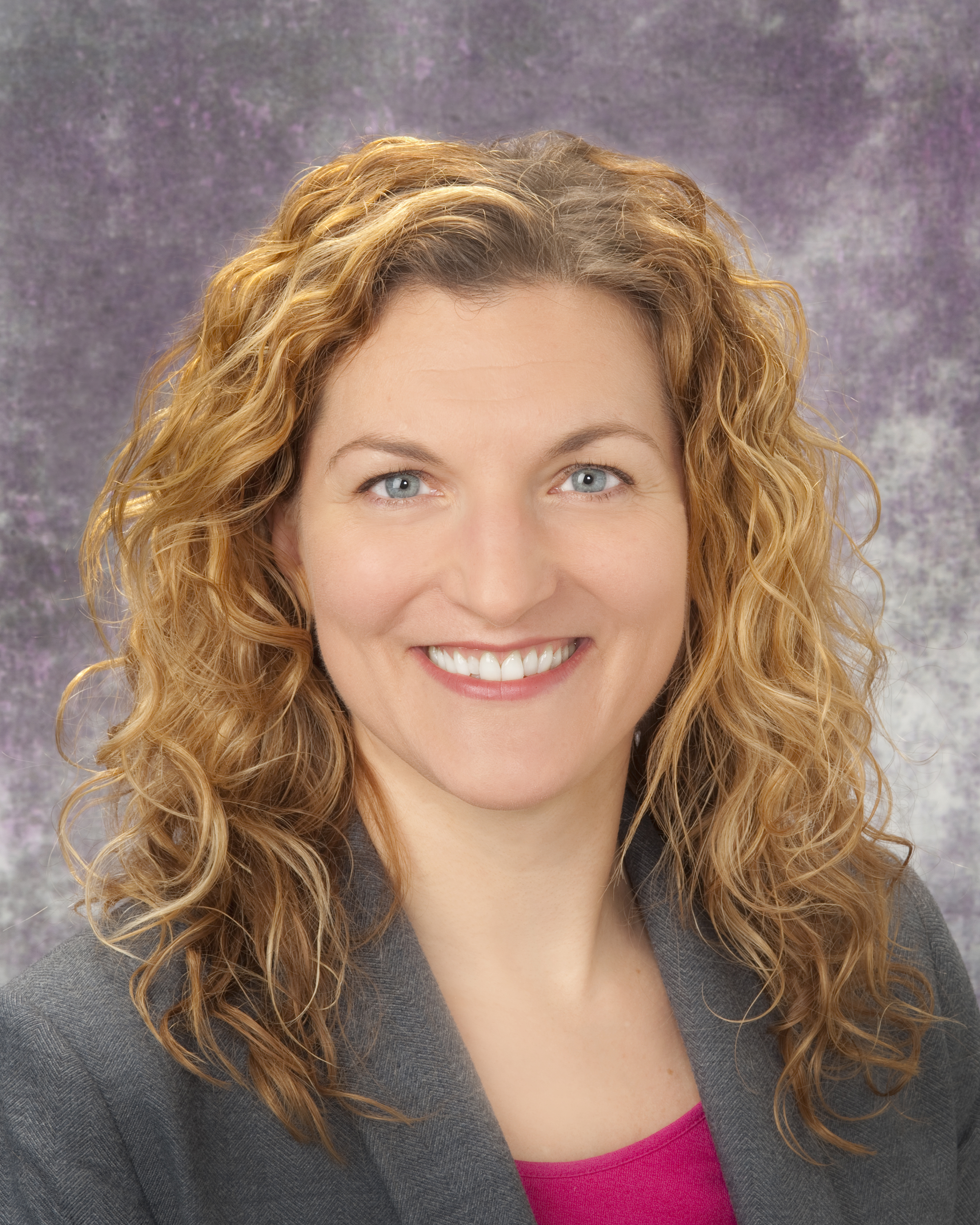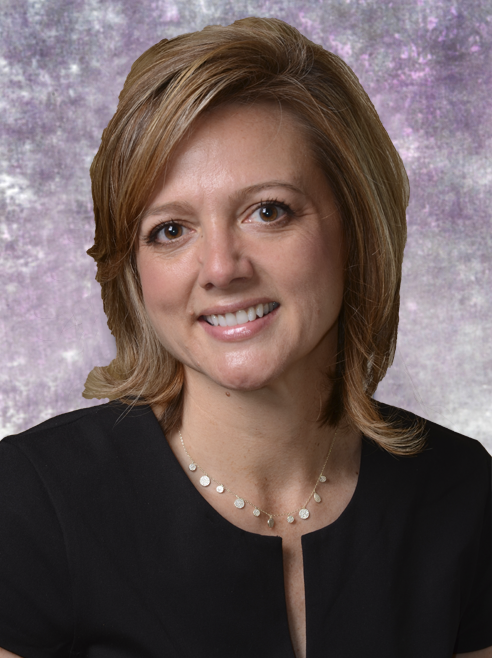Meet UPMC Western Psychiatric Hospital’s Ambulatory & Consultation Leadership: Drs. Gannon, Glance, Gopalan, Perez and Schlesinger

UPMC is dedicated to providing access to care for individuals across western Pennsylvania. Below, meet the leaders who oversee UPMC Western Psychiatric Hospital (WPH)’s more than 85 ambulatory programs and consultation services.
Dr. Gannon is Medical Director, Ambulatory Comprehensive Recovery Services (CRS), which provides comprehensive specialized services to adults with schizophrenia, schizoaffective disorder and other psychotic illnesses including bipolar disorders with psychosis.
Dr. Gannon knew by high school that she wanted to be a psychiatrist, and soon narrowed her focus to patients with schizophrenia. “I was drawn to working at CRS because we are dedicated to the tripartite mission of the department—excellent clinical care, innovative research, and exemplary trainee and staff education. Everyone at CRS—the front desk staff, service coordinators, therapists, nurses, pharmacists, and psychiatrists—is passionate about supporting this mission, particularly clinical care. Meeting someone when they are very sick with schizophrenia and supporting them through med changes and therapy and working with their families, is incredibly rewarding. To me, there is nothing more amazing than helping someone move into recovery and make a meaningful life for themselves.” Dr. Gannon is known among her colleagues for her skill in working with exceptionally challenging patients, and recently received a UPMC Award for Commitment and Excellence honoring her outstanding clinical care.
 Dr. Glance (Medical Director, Addiction Medicine Services) oversees a vast roster of ambulatory services to provide integrated care for individuals with co-occurring substance use and psychiatric disorders. She is also an award-winning educator, dedicated to training the next generation of behavioral health care providers.
Dr. Glance (Medical Director, Addiction Medicine Services) oversees a vast roster of ambulatory services to provide integrated care for individuals with co-occurring substance use and psychiatric disorders. She is also an award-winning educator, dedicated to training the next generation of behavioral health care providers.
Dr. Glance describes the challenges of this clinical work and why treating this population is meaningful to her: “People typically enter addiction treatment feeling terrible about themselves. They might feel like they’re too ‘messed up’ to change, or even that they don’t deserve to feel better after what they’ve put themselves and others through. They may also still enjoy some aspects of substance use, and it can be hard to think about giving that up,” says Dr. Glance. “At the same time, they clearly have desire to change since they’ve made a choice to get help. We begin by exploring what’s most important to them, what their values are, and how those things aren’t lining up with their actions. Working with that duality and helping people find their reasons for change is what makes this work so rewarding.”
 A consultation-liaison specialist and expert in perinatal psychiatry, Dr. Gopalan is Medical Director, Psychiatry Consultation-Liaison service and Chief of Psychiatry at UPMC Magee-Womens Hospital, where she devotes much of her time to perinatal consultation. Under Dr. Gopalan’s oversight of the consultation-liaison service, thousands of patients annually, across multiple UPMC hospitals, receive behavioral health care either in person or through telepsychiatry. Dr. Gopalan is also deeply committed to resident education and, in partnership with Dr. Glance, established the Women’s Mental Health area of concentration for the Department of Psychiatry.
A consultation-liaison specialist and expert in perinatal psychiatry, Dr. Gopalan is Medical Director, Psychiatry Consultation-Liaison service and Chief of Psychiatry at UPMC Magee-Womens Hospital, where she devotes much of her time to perinatal consultation. Under Dr. Gopalan’s oversight of the consultation-liaison service, thousands of patients annually, across multiple UPMC hospitals, receive behavioral health care either in person or through telepsychiatry. Dr. Gopalan is also deeply committed to resident education and, in partnership with Dr. Glance, established the Women’s Mental Health area of concentration for the Department of Psychiatry.
For Dr. Gopalan, providing psychiatric care in medical hospitals is a complex and rewarding role: “My team manages a variety of complex conditions, from psychiatric emergencies, to seeing patients after suicide attempts, to helping address cognitive issues, all requiring a firm comprehension of both medical/surgical illness and psychiatric care. We are privileged to be patient advocates, fighting stigma for individuals with psychiatric and substance use disorders, as well as to be the face and voice of psychiatry in other hospitals. Often, we are the ones holding patients’ hands after receiving difficult diagnoses, using motivational interviewing to discuss their addiction, addressing how their past trauma affects their current hospitalization, or puzzling out why someone is floridly delirious. My work at Magee allows me to support pregnant and postpartum patients who are not only depressed or anxious, but also terrified at the implications of what treatment may entail and so they suffer in silence. Psychiatric care in medical hospitals is so rewarding because we get to support people who are at their most vulnerable and also work with our incredible medical and surgical colleagues.”
 Psychiatric care delivered through UPMC’s network of hospitals and associated outpatient clinics, as well as telepsychiatry, falls under the leadership of Gina Perez, MD (Associate Chief, Behavioral Health Network and Telepsychiatry). Dr. Perez is passionate about providing care to individuals living in remote or underserved areas, as well as about ensuring that clinicians throughout UPMC’s Behavioral Health Network are connected and engage with each other and with physicians at Western Psychiatric Hospital
Psychiatric care delivered through UPMC’s network of hospitals and associated outpatient clinics, as well as telepsychiatry, falls under the leadership of Gina Perez, MD (Associate Chief, Behavioral Health Network and Telepsychiatry). Dr. Perez is passionate about providing care to individuals living in remote or underserved areas, as well as about ensuring that clinicians throughout UPMC’s Behavioral Health Network are connected and engage with each other and with physicians at Western Psychiatric Hospital
During the COVID-19 pandemic, Dr. Perez has been instrumental in overseeing WPH’s unprecedented, swift expansion of telepsychiatry, ensuring uninterrupted virtual behavioral health care to all patients in need. Dr. Perez describes why direct to consumer telepsychiatry is improving access to care: “Prior regulatory standards for patients with medical assistance made video visits for patients at home unworkable. With relaxed regulations during COVID, we are for the first time able to engage with patients in a completely new way, from the comfort of their homes. This gives a new perspective into their lives and it increases access to care by removing barriers such as travel, childcare, and time away from work.”
 Dr. Schlesinger is Service Chief, Child & Adolescent Psychiatry and Ambulatory Integrated Care, Chief of UPMC Children’s Hospital Behavioral Science Division and Medical Director of UPMC Children’s Telephonic Psychiatric Services. In her role overseeing psychiatry at Children’s Hospital she has worked to increase primary care physicians’ capacity to provide first-line behavioral health care, including screening for autism, anxiety and depression. In addition, she has led the expansion of outpatient services for children and adolescents.
Dr. Schlesinger is Service Chief, Child & Adolescent Psychiatry and Ambulatory Integrated Care, Chief of UPMC Children’s Hospital Behavioral Science Division and Medical Director of UPMC Children’s Telephonic Psychiatric Services. In her role overseeing psychiatry at Children’s Hospital she has worked to increase primary care physicians’ capacity to provide first-line behavioral health care, including screening for autism, anxiety and depression. In addition, she has led the expansion of outpatient services for children and adolescents.
Dr. Schlesinger was drawn towards the neurosciences as an undergraduate at the University of Pittsburgh. “I was exposed to the many great mentors (and future colleagues) at Western Psychiatric during my undergraduate experience at Pitt. These inspiring physicians and researchers helped me to see how I could apply cutting-edge science, as a physician, to improve the lives of youth and families. In my journey at Western I have had great opportunities to help to build services, train the next generation of behavioral health and primary care providers, and provide clinical care.”
